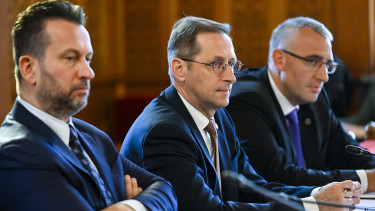European Commission relaxes state aid rules

Together with many other support measures that can be used by Member States under the existing State aid rules, the Temporary Framework enables Member States to ensure that sufficient liquidity remains available to businesses of all types and to preserve the continuity of economic activity during and after the COVID-19 outbreak, the statement said.
Executive Vice President Margrethe Vestager, in charge of competition policy, said:
The economic impact of the COVID-19 outbreak is severe. We need to act fast to manage the impact as much as we can. And we need to act in a coordinated manner. This new Temporary Framework enables Member States to use the full flexibility foreseen under State aid rules to support the economy at this difficult time.
The Temporary Framework provides for five types of aid:
- Direct grants, selective tax advantages and advance payments: Member States will be able to set up schemes to grant up to €800,000 to a company to address its urgent liquidity needs.
- State guarantees for loans taken by companies from banks: Member States will be able to provide State guarantees to ensure banks keep providing loans to the customers who need them.
- Subsidised public loans to companies: Member States will be able to grant loans with favourable interest rates to companies. These loans can help businesses cover immediate working capital and investment needs.
- Safeguards for banks that channel State aid to the real economy: Some Member States plan to build on banks' existing lending capacities, and use them as a channel for support to businesses – in particular to small and medium-sized companies. The Framework makes clear that such aid is considered as direct aid to the banks' customers, not to the banks themselves, and gives guidance on how to ensure minimal distortion of competition between banks.
- Short-term export credit insurance: The Framework introduces additional flexibility on how to demonstrate that certain countries are not-marketable risks, thereby enabling short-term export credit insurance to be provided by the State where needed.
The Framework will be in place until the end of December 2020. With a view to ensuring legal certainty, the Commission will assess before that date if it needs to be extended.
The new measures could prove favourable for the Hungarian government. As several cabinet members have pointed out, although the reallocation of funds within the EU's grant system allows for flexible use of considerable sums, Hungary has already tied up these funds in other projects. Speaking late on Thursday, Finance Minister Mihály Varga said less bureaucratic rules on the use of available funds would be more favourable to the Hungarian government, a wish that has now been fulfilled.
Cover photo: Getty Images












